What to eat during labour…
So it’s not long until the day when you get to welcome your little one into the world. You’ve been stocking up on nappies and you have your hospital bag ready to go… but have you considered what you’ll need to eat and drink during labour? With the average first time labour lasting eight hours, and maybe even up to 18 hours, labour is more of an endurance event than a sprint for many women, so you’ll want to pack some snacks just in case. In today’s blog, I share my top snacks to pack, and why.
Obviously, the duration of your labour is different for everyone, but if you’re going to have a longer labour, it’s important to be prepared with the right foods. One of my sisters is a midwife, and she almost delivered her first baby in the hallway of the hospital, he came so quickly! Yet, my mother always tells the story that she was in labour with me for three days! She says that I was determined from the start, and no matter what the doctors did to induce me, I had made up my mind that I was not coming out until Father’s Day, and that’s what I did. I know, my poor mum, right?!
I have my fingers crossed for you that your labour will be a quick one, but either way, it pays to be prepared.
Traditionally, hospitals discouraged women from eating and drinking during labour, and yours still might….but the latest research shows that fasting during labour is completely unnecessary, especially if you have a low risk labour. In fact, some studies go as so far to suggest that women who eat and drink during labour may actually have shorter and healthier labours…. however, many women don’t feel like eating or drinking during labour, so remember to listen to your own body, and do the best that you can.
So, if you are going to eat, what’s the best choices?
Carbohydrates
Labour is usually a strenuous and long-lasting exercise that requires a significant amount of energy, kind of like running a marathon. Carbohydrates are the body’s preferred energy source to fuel such a strenuous task. Carbohydrate-rich foods are known to help to reduce fatigue and increase muscle strength, both of which are important during labour. So, if you can fuel your body with carbohydrate-rich snacks, particularly in the first stages of labour, then it’s probably a good idea.
Carbohydrate-rich foods include toast (although I’d recommend white or wholemeal instead of grainy bread in this instance); fruit, especially bananas; natural, un-buttered popcorn; dry crackers, breakfast cereal or yoghurt.
Stay hydrated
As with any endurance sports, hydration is very important. You may not feel like drinking, especially if you are vomiting or have diarrhoea, but it is important to keep your fluids up. Many women become dehydrated during labour, and that often results in severe constipation soon after delivery. Isotonic drinks and sports drinks like Hydrolyte, Gatorade or Powerade are a better choice than water because they hydrate your body more effectively, so I’d recommend throwing a few of them into your hospital bag. Some hospitals offer icy-poles, and again, even though you may not feel like it, I’d encourage you to suck on one to help keep you hydrated if you can.
At the end of the day, labour is different for all of us, but if you can, I’d encourage you to snack on some carbohydrate-rich foods, and regularly sip on sports drinks to help keep you well-fuelled throughout the duration of your labour.
As always, I’m here to answer any of your dietary questions, so please feel free to post below!

Get nutritious recipes
straight into your inbox!
Send your details now to receive Melanie’s recipes designed around a range of dietary needs including improved fertility, weight loss, general heath and wellbeing through improved nutrition. Receive the recipes specific to your needs.
As seen in






Share this page
What to eat during labour
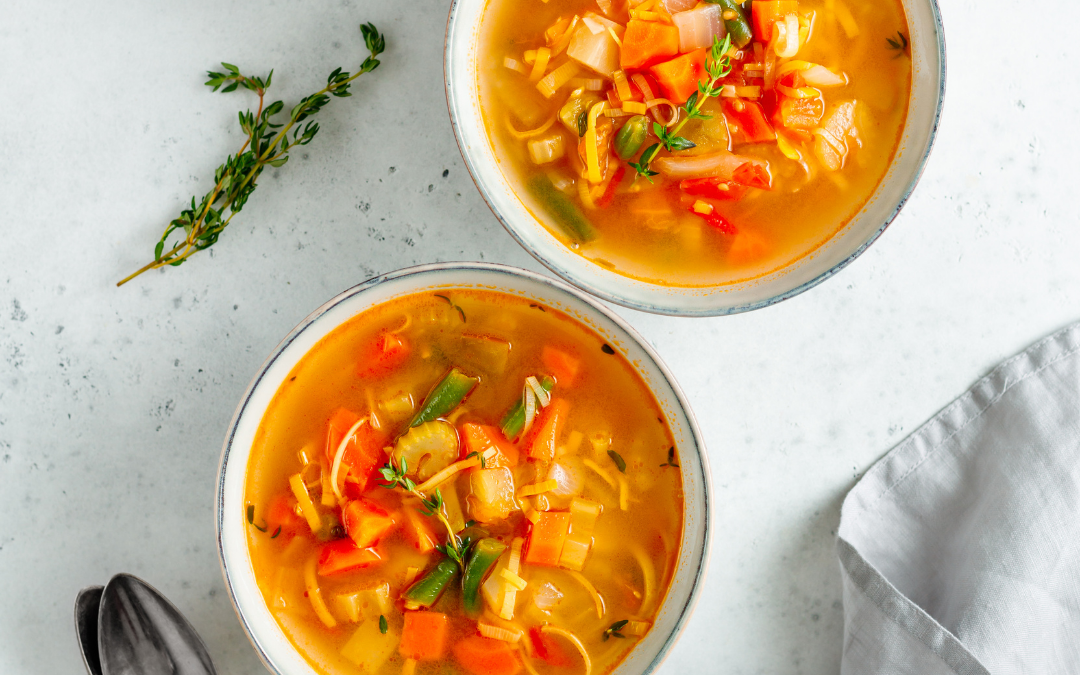
Post Egg Collection Vegetable Soup
Not sure what to eat after your egg collection? Try our warming ‘Vegetable Soup’ recipe. It’s full of flavour and goodness that is sure to nourish your body.
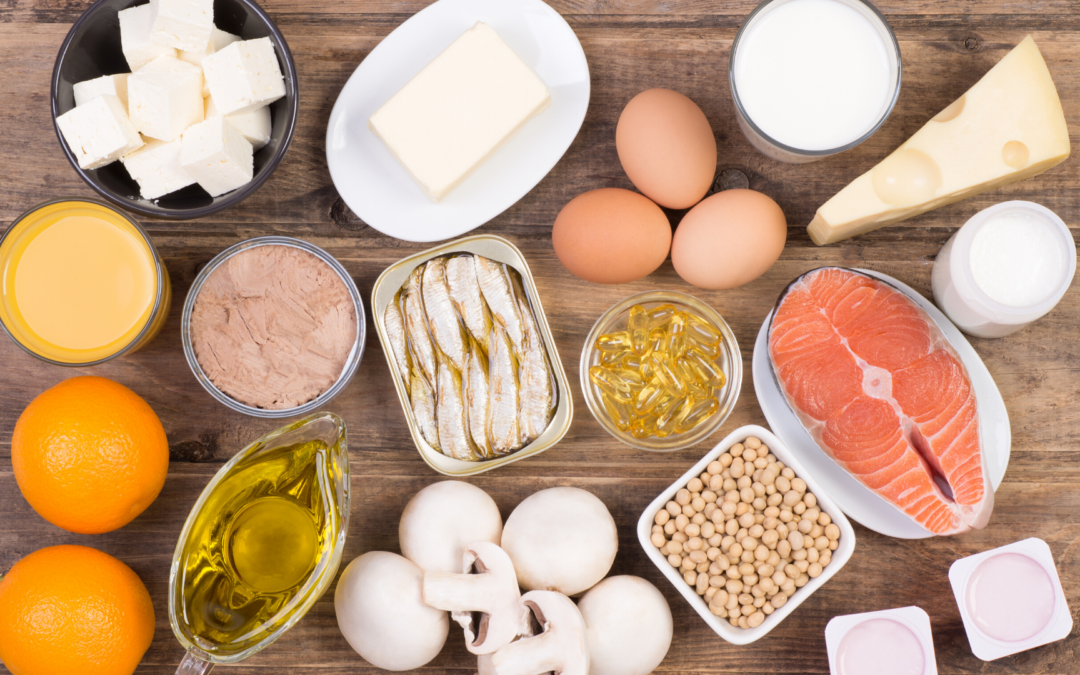
Can I get enough vitamin D through diet alone?
Vitamin D is important for fertility and pregnancy, and reducing the risk of reproductive conditions. The most common source of vitamin D is the sun, but we also get it from food. But, can you get vitamin D through diet alone? Let’s take a look…
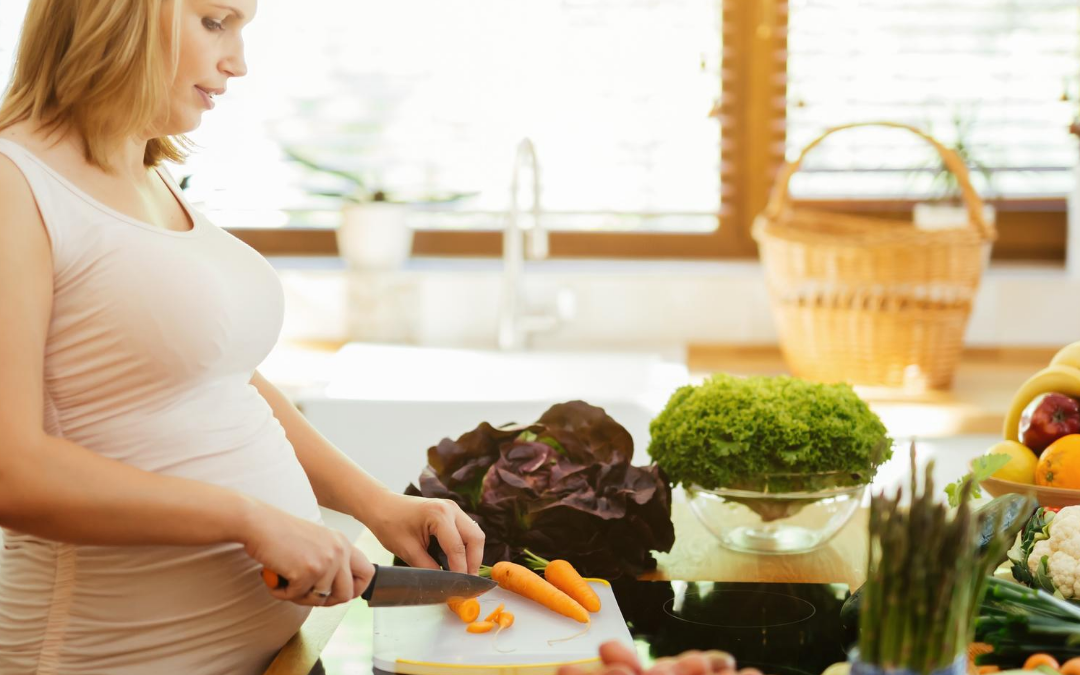
21 foods to avoid when pregnant: dietitian reveals
Just found out you’re pregnant and wondering which foods to avoid when pregnant? Take a look at my list of the 21 most important foods to avoid when pregnant, and when you can eat them again!
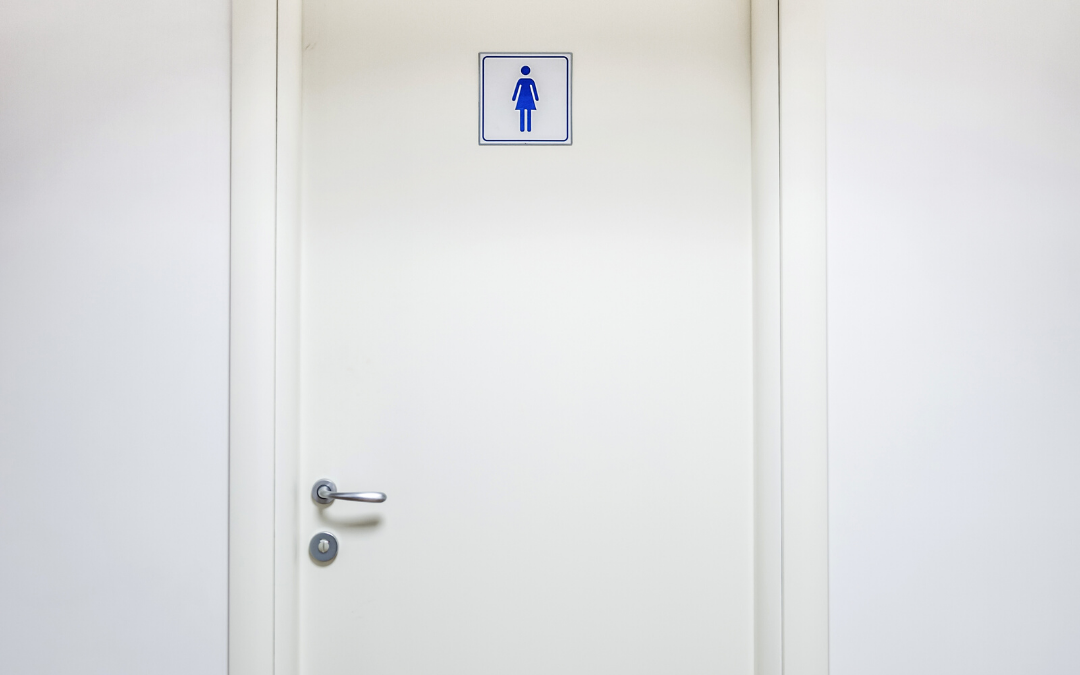
4 simple tips to reduce constipation during pregnancy
Constipation is a common side effect of pregnancy. Here are some reasons why women develop constipation during pregnancy and 4 simple tips for reducing it.
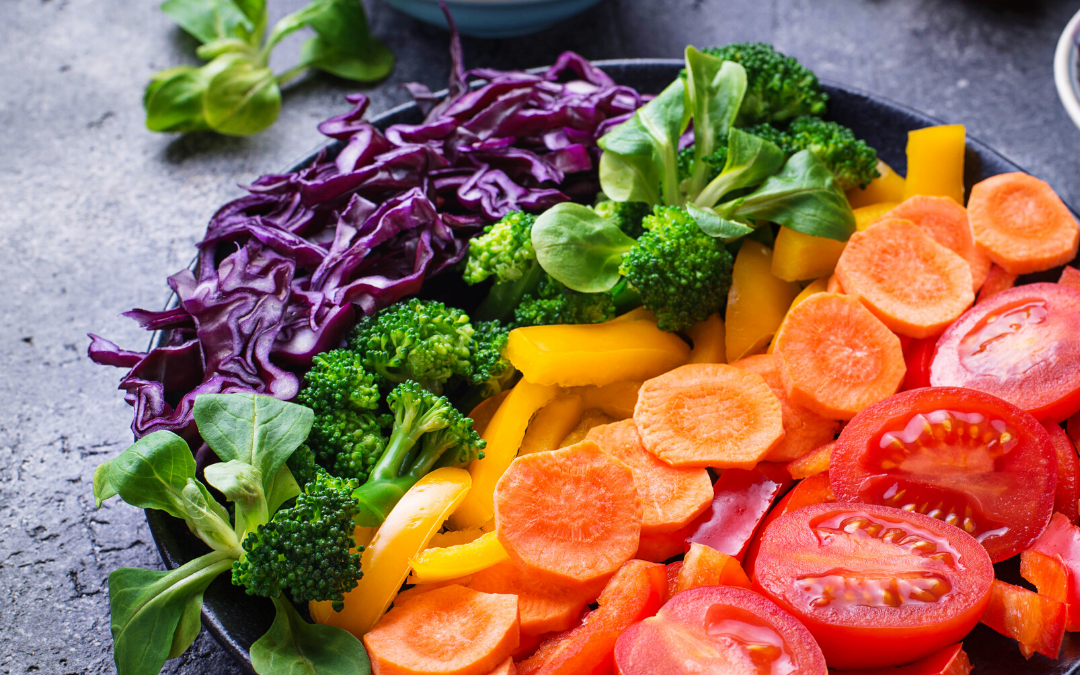
Which antioxidants are good for fertility?
Antioxidants are definitely an important consideration when you’re trying to conceive. Here are my top 4 favourite antioxidant supplements for fertility and my favourite tip for ensuring that you’re optimising your antioxidant intake
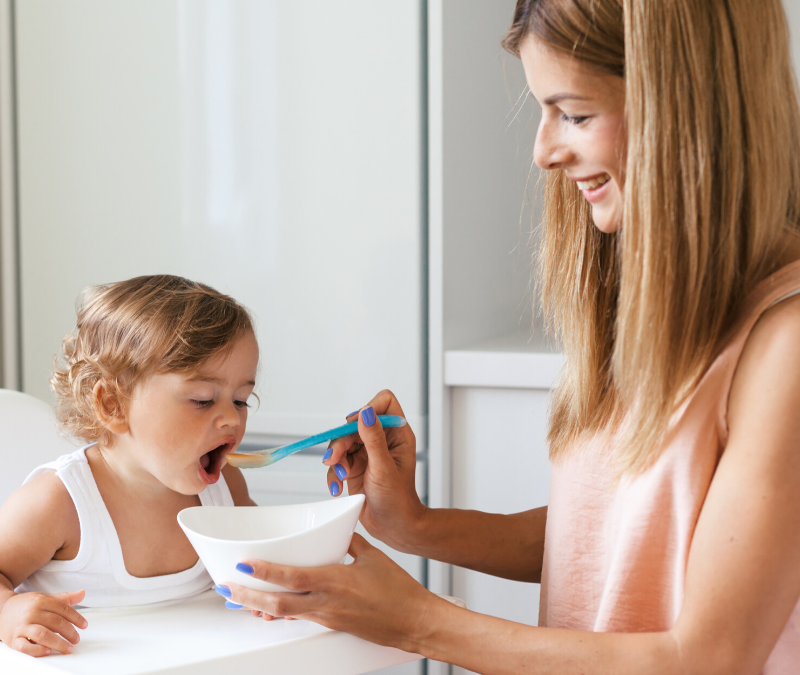
8 iron rich foods for baby
Iron is important for your baby’s growth and development, energy and brain development, so it’s essential that your little one gets enough. Learn 8 of my favourite iron rich foods for babies.

How to deal with pregnancy failure: a dietitian’s perspective
If you’ve searched ‘how to deal with pregnancy failure’ then the first thing that I want you to know is that I’m sending you all the love I can. And, I want to tell you that you will get through this. Here is my advice on how to deal with pregnancy failure

Nutrition for first thousand days
Nutrition during the first thousand days of life is one of the most important factors for programming our baby’s genes. Find out why this time period is so important.
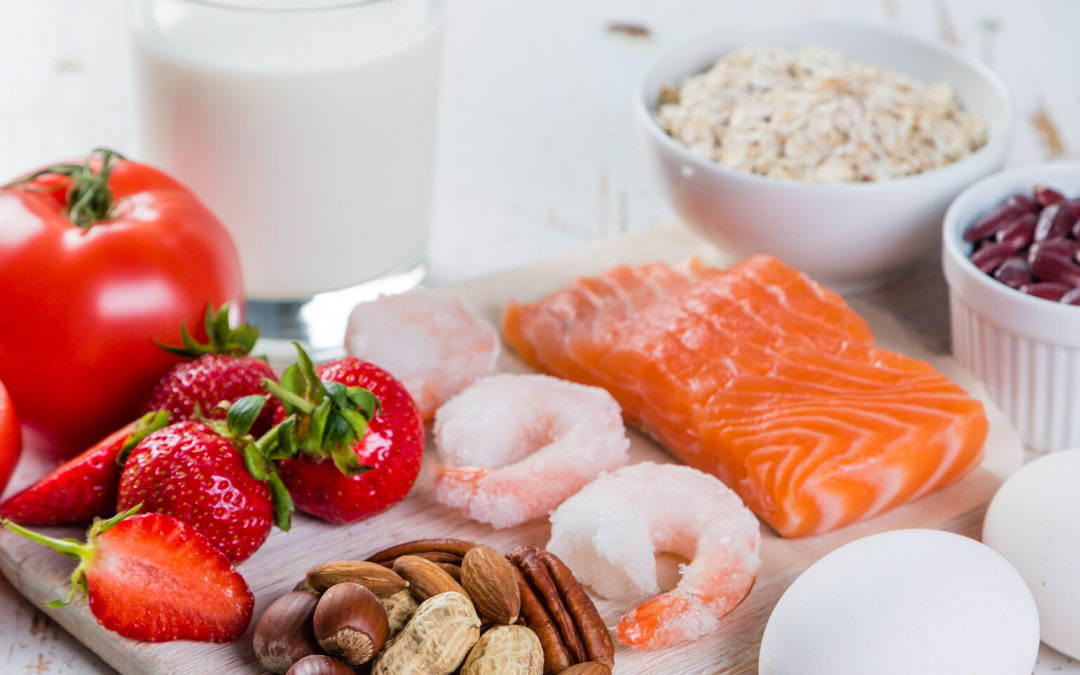
Can you prevent allergies during pregnancy?
Emerging research suggests that your dietary intake during pregnancy is one of the most powerful factors determining whether or not your baby will have allergies. To reduce your baby’s risk of allergies, try these 5 dietary tips!
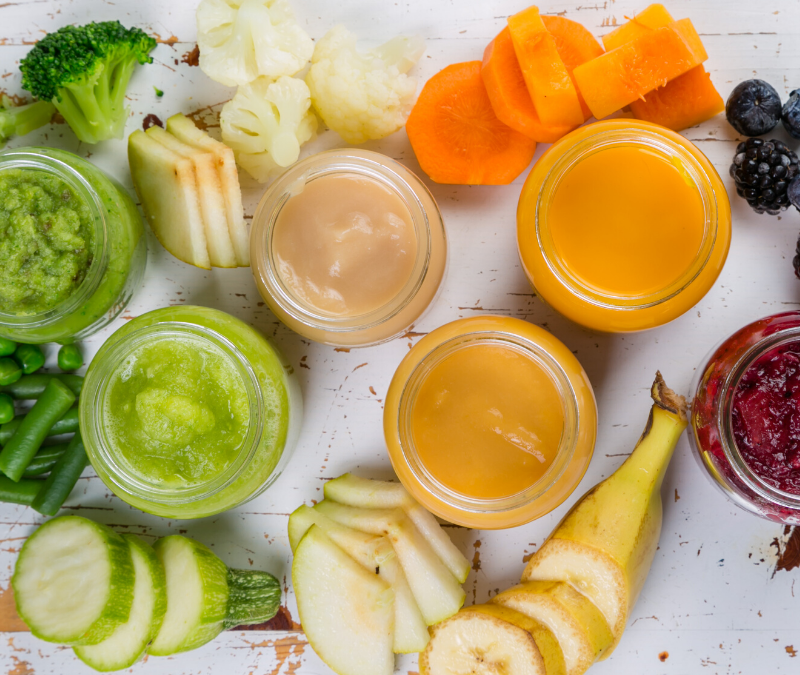
How to read baby food labels: 5 dietitian tips
Food labels can be confusing… As the first foods for your baby are so incredibly important, you want to ensure that you’re getting them right! Here are 5 tips on how to read baby food labels.
As seen in







Get nutritious recipes
straight into your inbox!
Send your details now to receive Melanie’s recipes designed around a range of dietary needs including improved fertility, weight loss, general heath and wellbeing through improved nutrition. Receive the recipes specific to your needs.

0 Comments